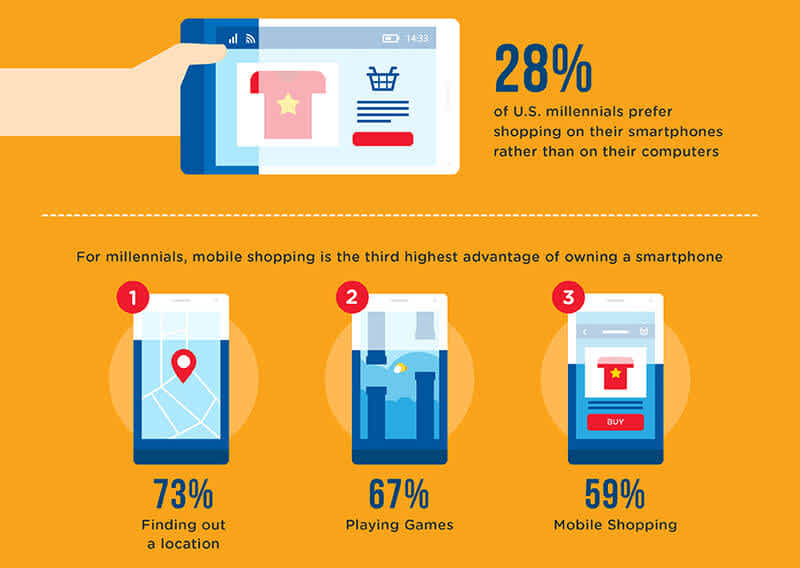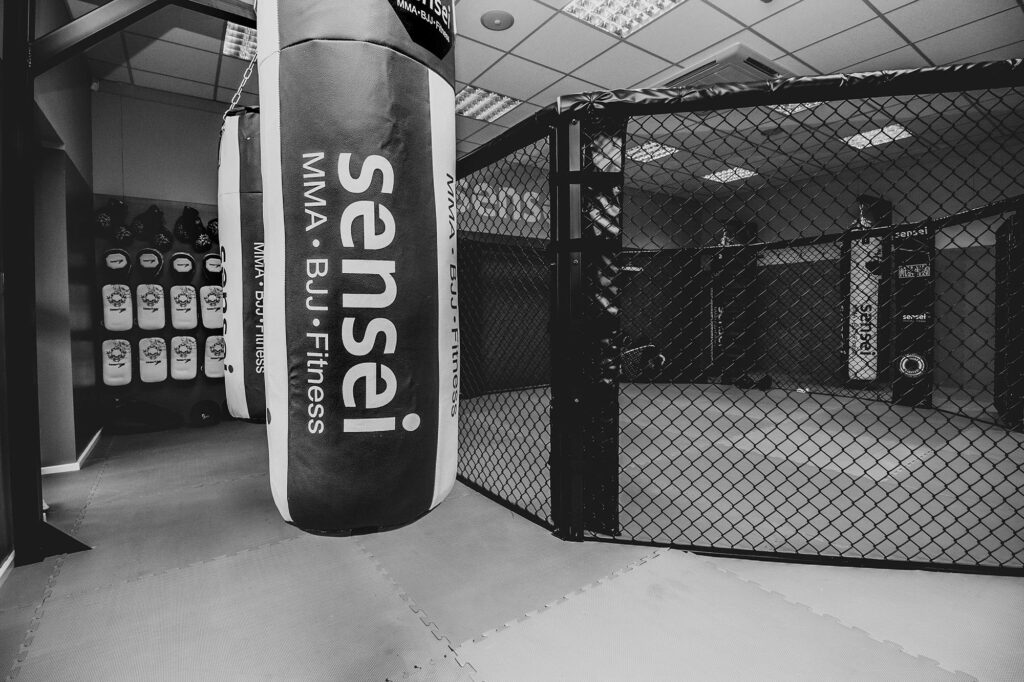“There is an app for that”. This one line has potentially defined a bulk of the innovation that has happened in the past few years. Apps have become the centre of our lives‚ homes‚ work places‚ and even vehicles now. We interact with them at almost every stage of our daily lives‚ but yet‚ these apps remain direct and to the point interfaces which do not gain a personality for themselves.
The obvious questions are‚ why do mobile apps really need to have a personality? And do we really want software programs to have personalities? What we fail to realise is that apps have replaced a lot of the interaction that we have had with humans. Looking at my own smartphone screen‚ I realise‚ I have a lot of apps which let me get a lot of work done without ever actually interacting with an individual directly.
Look at the example of getting a taxi‚ which traditionally involved a process of human interaction. But now all it takes is a tap in the app and waiting for the cab to arrive at the location you have set. Look at any M-Commerce app‚ where you search‚ select and buy a product and it gets delivered to you at your door step. As of now most deliveries are done by humans‚ so technically they are still part of the process of shopping. But in the near future‚ it looks like humans won’t be involved in the delivery process‚ either.
Using an app to shop has become a norm now and on top of that there is a huge amount of competition in the M-commerce sector‚ which has been a key driver for launching of multiple apps by different brands. This is being done to ensure that they hit the market as early as possible. Brands and startups are following similar designs and feature sets in an attempt to replicate what has been working previously in similar successful apps.
These copycat apps may be successful in generating enough revenue and brand recognition by targeting a niche sector or changing the UI slightly or offering amazing products and discounts. But at the core‚ all of them seem to feel the same‚ without any thought into how to potentially differentiate themselves from each other. This differentiating component of the app can be a personality – offering a unique user experience.
Humour and personality is something most apps miss. Apps like Carrot have embraced the concept of having a personality and have been very successful. But Carrot is a different beast in itself‚ if we are talking about personality in an app‚ as the whole USP of the app is focused on this particular AI’s personality. It does not mean all other apps need to copy this and create a taxi booking app which says “Oy! The Taxi is about to arrive. Get your lazy bum off the couch and hit the road”.
![[object Object] [object Object]](http://images.ctfassets.net/o6514hijae09/36FOvzCsFcy3zOkDV0w43V/fc0a95668ff1d14521fbb47b738e9ea1/carrot_app_screenshots.jpg)
Image: Carrot
But having a little sense of humour doesn’t get in the way of a productive app like Asana‚ a project management app in which an engaging and funny little animation appears on completion of a task. This can go a long way in bringing a smile to the user. The user needs to love the little interactions he/she has with the app. It does not however ignore the fact that the app needs to be useful and designed well for the user to love it. But these days most mobile app developers and app designers are focusing on ensuring that the best practices are always set in place‚ which means they are usually developed and designed well.
But how does one differentiate among hundreds and thousands of apps being released on the app store and the play store on a daily basis. A personality and a little humour can be a huge differentiator and would do wonders for the app. Don’t believe us‚ see the power that humour has in connecting with people.





